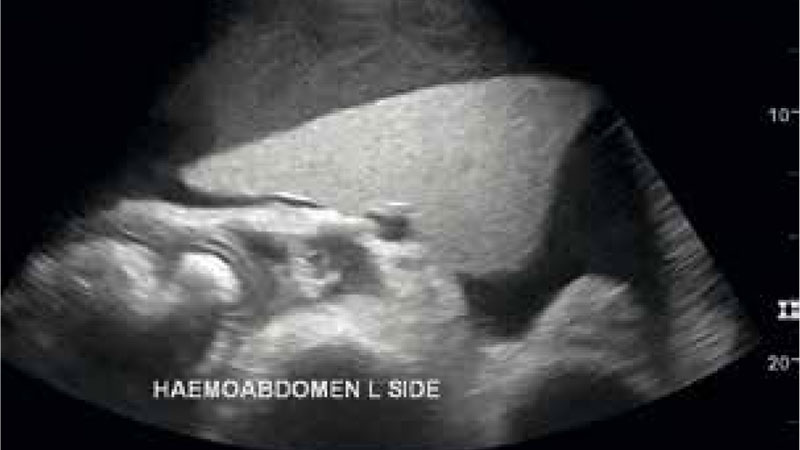Acute phase proteins and their clinical use in the adult horse
Inflammatory markers in the peripheral circulation are commonly evaluated in horses and are altered in systemic inflammation. They often provide useful information to assess the presence, severity and chronicity of disease. Acute phase proteins (APPs), white blood cell count and platelet concentration are all affected by inflammation. Analysis of these markers is helpful for monitoring clinical progress and for determining the success and end-point of treatment. Means of obtaining this information are now widely available, with virtually all veterinary practices now having a basic haematology machine and biochemistry machines on site. In the era of the development of stable-side machines, measurement of certain inflammatory markers, such as serum amyloid A (SAA), is easily and rapidly accessible to ambulatory practitioners. Obtaining a full inflammatory profile is easily performed by sending a blood sample to a veterinary hospital or commercial laboratory, with multiple options available for measurement of different parameters. The major focus of this article is on APPs, rather than the leucogram. Albumin and globulin are classed as APPs throughout this article, although it should be noted that there are many causes of albumin decreases in addition to inflammation. Multiple APPs are discussed below, with case examples being provided, highlighting the clinical usefulness of APPs.
Kate McGovern - American, European and RCVS Specialist in Equine Internal Medicine, Donnington Grove Veterinary Group, Oxford Road, Newbury, Berks RG14 2JB
